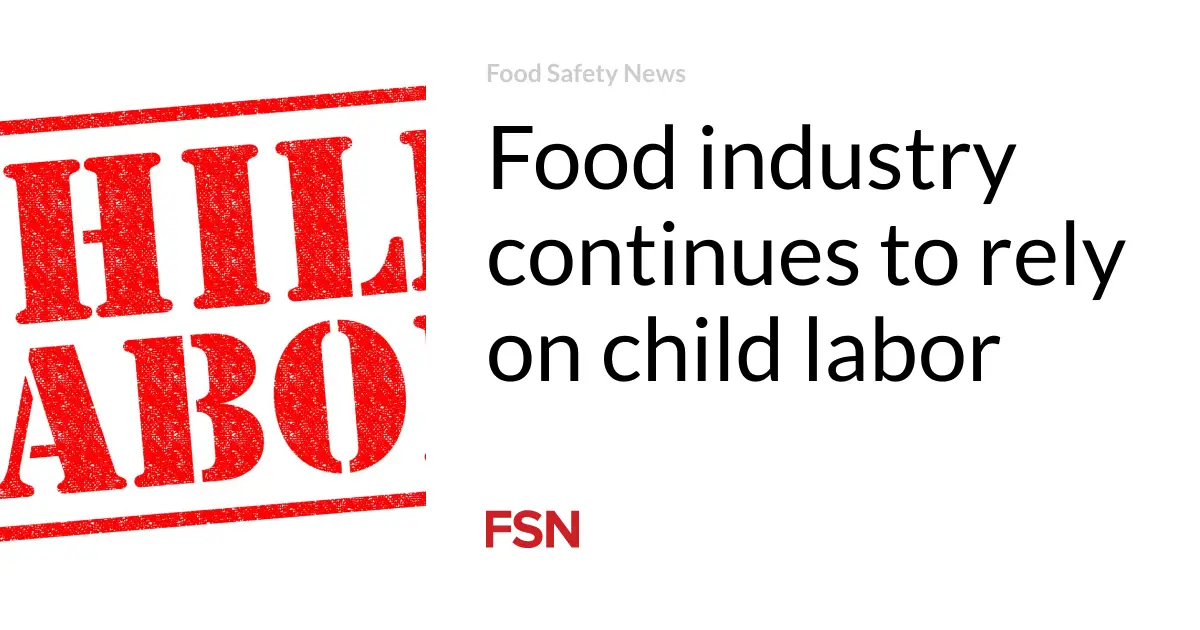
:max_bytes(150000):strip_icc():format(jpeg)/health-GettyImages-961288148-2aa1ca1bcedb47ca9aead920c4d87184.jpg)
Kidney failure, or end-stage kidney disease (ESKD), occurs when the kidneys lose their ability to filter waste and excess fluids from the blood. As toxins and fluid build up in the body, other health problems can develop, increasing the risk of life-threatening complications.
About 37 million people in the United States live with kidney disease. Kidney failure is the fifth and final stage of chronic kidney disease. It occurs when the kidneys function less than 15% of normal capacity.
People with ESKD require dialysis or a kidney transplant to survive. For those who opt not to pursue treatments, palliative care and comfort measures can help manage symptoms of end-of-life kidney failure.
As kidney function declines, a buildup of waste products in the bloodstream and fluids in the body makes it harder for vital organs to function and for the body to maintain fluid balance. This can cause a variety of physical symptoms, including:
- Urinating (peeing) very little or not at all
- Fatigue or weakness
- Swelling in the arms, legs, feet, and ankles
- Dry and itchy skin or skin color changes
- Muscle cramps
- Nausea and vomiting
- Loss of appetite
- Shortness of breath or foul-smelling breath
- Headaches and back pain
- Insomnia
- Bloody stools
- Nosebleeds
These symptoms of kidney failure may progress gradually at first, and dialysis or kidney transplantation can help reduce or manage symptoms and prolong life.
If you or your loved one opts out of dialysis treatment, these symptoms will become more pronounced in the last days or weeks of life. For example, as fluid builds up, breathing becomes more difficult as the lungs work harder to breathe in oxygen.
People nearing the end of life with kidney failure can experience emotional and psychological symptoms as toxins build up in the bloodstream and affect brain function. Initially, people with end-stage kidney disease may experience symptoms like:
- Worsening fatigue
- Apathy
- Difficulty concentrating
- Irritability
As fluid and toxins continue to build up in the body, people with kidney failure may experience new or worsening symptoms, such as:
- Confusion and disorientation
- Anxiety
- Depression
- Loss of interest in activities they previously enjoyed
- Agitation, restlessness, or irritability that may escalate to more severe states of distress
- Delirium, such as hallucinations, paranoia, or extreme confusion
Without dialysis, people with kidney failure can live days or weeks—depending on their kidneys’ remaining function, symptom severity, and overall health.
In the final weeks and days of kidney failure, the kidneys and other vital organs and body systems begin to shut down. Although the timeline can vary, these signs often emerge as the end approaches:
- Fatigue: Very little energy, sleeping more often, or becoming bedbound
- Edema: Worsening swelling in the arms, legs, feet, and ankles
- Dietary changes: Drinking minimal fluids, loss of appetite, and difficulty swallowing
- Confusion: Intensifying mental confusion and shorter periods of alertness
- Itching: Intensely itchy, dry skin
- Breathing changes: Shortness of breath, noisy breathing, or longer spaces between breaths
- Pain: Bone and back pain, headaches
Kidney failure can be challenging for the person with the condition and their loved ones. Spending time with them and supporting them in their end-of-life journey can help them (and you) feel more comfortable. Here’s how you can support your loved one in their final days with end-stage kidney disease:
- Physical contact: Hold hands, gently massage them for comfort, and let them know you’re there, even if they sleep more than they are awake.
- Create a calming environment: Some people prefer quiet moments with fewer visitors, soft lighting, and soft music at a low volume. This can help your loved one relax and ease discomfort.
- Active listening: If your loved one can still communicate, ask them what they need to feel more comfortable. Listen when they speak, and let them share their thoughts without focusing on your response.
- Be present: Being present is one of the most meaningful gestures you can offer. Your presence can comfort them, whether you talk, read, or sit quietly.
Caring for a loved one with end-stage kidney disease can be emotionally and physically taxing. Remember, you don’t have to navigate these challenges alone.
Your loved one’s healthcare team, which may include a nephrologist (a doctor specializing in treating kidney diseases), social workers, nurses, and palliative care (end-of-life) specialists, can provide valuable physical and psychosocial support for you and your loved one, which may include:
- Symptom management: Medications can help manage pain, itching, nausea, insomnia, anxiety, and depression to improve quality of life.
- Caregiving support: As your loved one’s physical health deteriorates, their healthcare team will provide support with activities of daily living and ensure nursing support is available.
- Emotional support: A palliative care team provides therapies and support for physical, spiritual, and emotional concerns. This may include teaching relaxation techniques and offering talk therapy or massages.
- Respect for wishes: The healthcare team will encourage open communication between the person with kidney failure and family members. They will respect and honor any wishes regarding end-of-life care.
When a loved one decides to forgo or discontinue dialysis for end-stage kidney disease, it can stir up a range of emotions—like sadness, fear, guilt, and worry. These are all valid.
It’s common to feel torn between wanting to extend life and the desire to have a good quality of life in the final days. Opting out of dialysis is a deeply personal decision, often made with careful consideration of the physical and emotional toll of ongoing treatment.
Without dialysis, end-of-life care becomes the priority. Hospice and/or palliative care teams work with people experiencing end-stage kidney disease and their family members to help navigate the journey ahead.
Palliative Care
Palliative care can occur at any stage of kidney failure but is especially important in the final stages. This type of care focuses on improving quality of life, relieving symptoms, reducing pain, and addressing emotional, social, and spiritual needs.
A palliative care team includes nephrologists, nurses, social workers, and chaplains, who can offer comprehensive support to someone with end-stage kidney disease and their loved ones.
Hospice Care
Hospice care provides comfort and support during someone’s final days or weeks. It focuses on relieving symptoms and enhancing quality of life rather than pursuing curative treatments. Hospice care may occur in the home, a hospice facility, or a hospital setting. Services often include pain management, emotional and spiritual support, and assistance with daily activities.
Caring for a loved one with end-stage kidney disease can be a challenge. While caregivers may not experience the condition themselves, watching their loved one’s health decline is difficult. It’s important to remember that caregivers have support, too. Some resources to consider for seeking guidance include:
- Hospice and palliative care services: Many offer grief counseling, emotional support, and respite care services that allow caregivers to take breaks and ensure their loved one gets professional care.
- Support groups: Local or online support groups allow you to connect with other caregivers going through similar experiences. These groups can provide practical advice, comfort, and understanding during the end-of-life journey.
- Counseling: Professional counselors or therapists can offer one-on-one grief counseling to help caregivers process their emotions during and after the loss of a loved one. Many therapists specialize in end-of-life care and bereavement, offering personalized support.
- Faith-based support: Faith communities often offer emotional support for those with religious or spiritual beliefs. Many places of worship have grief counseling services, prayer groups, or clergy available to help caregivers navigate their experiences.
- Online resources: Numerous online resources, including the National Kidney Foundation, the American Association of Kidney Patients, the National Family Caregiver Support Program, and the Caregivers Action Network, provide support and information to caregivers of people with end-stage kidney disease.
Kidney failure is a physically and emotionally challenging journey for people living with kidney disease. Kidney failure can cause a variety of symptoms, such as loss of appetite, chronic pain, anxiety, and extreme fatigue. Managing the final stage of kidney disease involves making decisions about end-of-life care.
If you have kidney failure and are discontinuing dialysis or opting out of treatment, knowing what to expect in the days and weeks ahead can help you and your loved ones prepare. Work closely with your healthcare team, who can guide you in making decisions and offer essential support to make your end-of-life journey comfortable.







